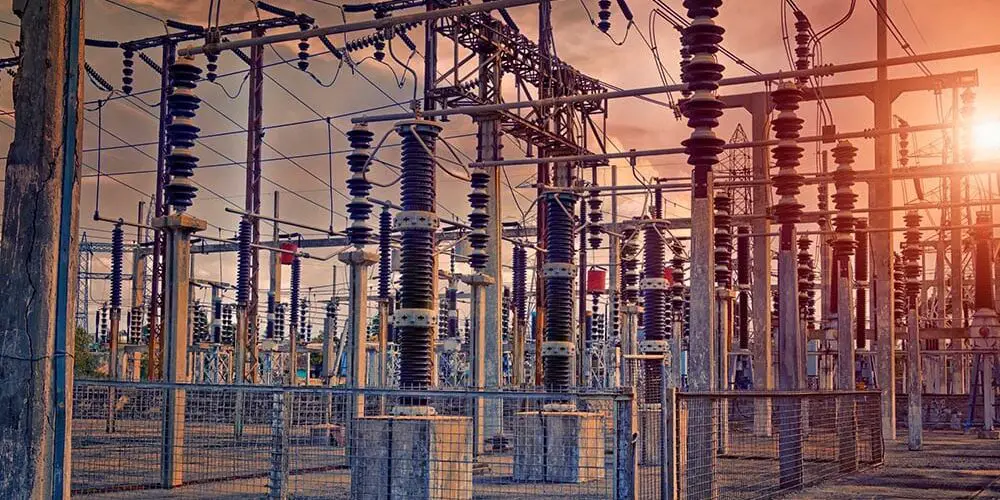The Egyptian Electricity Transmission Company together with the Sudanese Electricity Transmission Company have awarded Siemens Energy a contract to construct two grid stabilization stations in Sudan that will ensure a reliable flow of power from Egypt to Sudan.
According to the Germany-based energy technology company, this contract will be the first grid stabilization of scale to be carried out in Sudan and it will utilize Siemens Energy’s Static Synchronous Compensator (STATCOM) technology.
“STATCOM regulates the transmission variations automatically according to the electricity network conditions, “explained Siemens adding that “the solution will strengthen and stabilize the power grid by providing reactive power compensation and dynamic voltage support.”
One of the two proposed power grid stabilization stations will be built in Dongola, the capital of the state of Northern Sudan, while the second station will be built in the town of Merowe that is located approximately 330 km north of Sudan’s capital Khartoum, where the Merowe High Dam, one of the largest hydropower projects in Africa, is situated.
Benefits of the project
The project in question will help improve supply and enhance the reliability of power across Sudan where only around 60 percent of the population has access to electricity.
It will also help Egypt to export reliable power to its neighbor, bringing it closer to its goal of becoming a regional power hub.
Mahmoud Hanafy, the Vice President of Siemens Energy Transmission Solutions in the Middle East added that the project will support growth, jobs, and economic transformation in the North African countries.
“We are proud to contribute to this strategic project that is critical to accelerating energy transition and foster power trade in the two North African countries,” concluded Mr. Hanafy.
The construction works on the project have already begun and are due to be completed within a 24 months timeframe.

